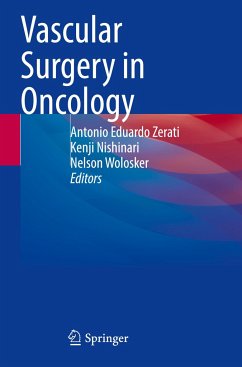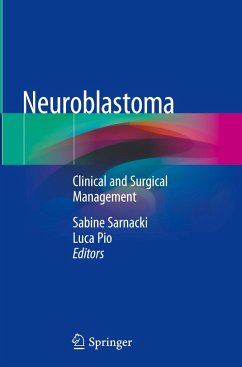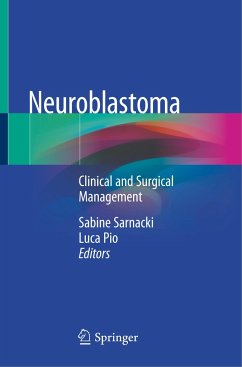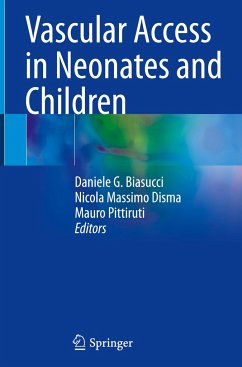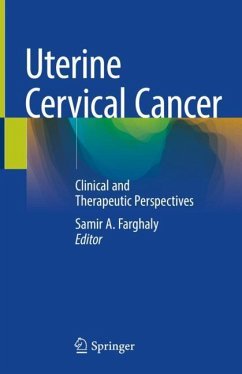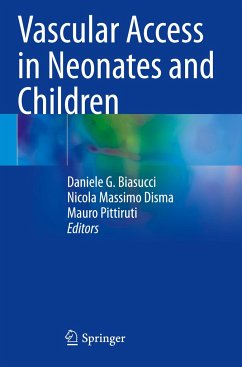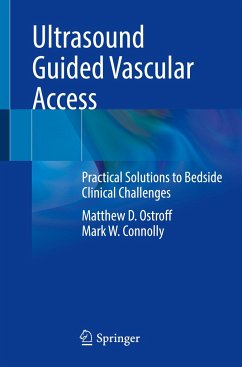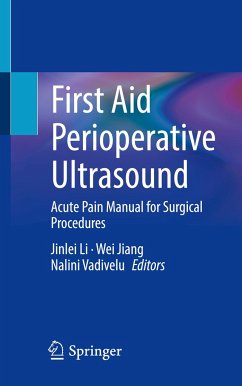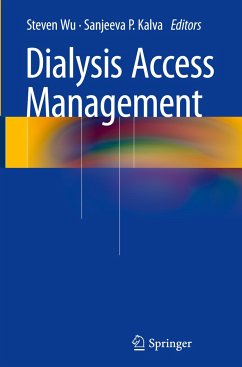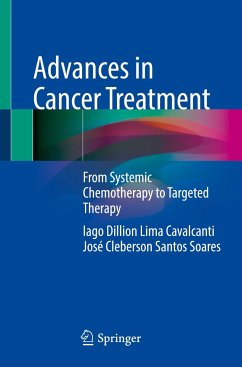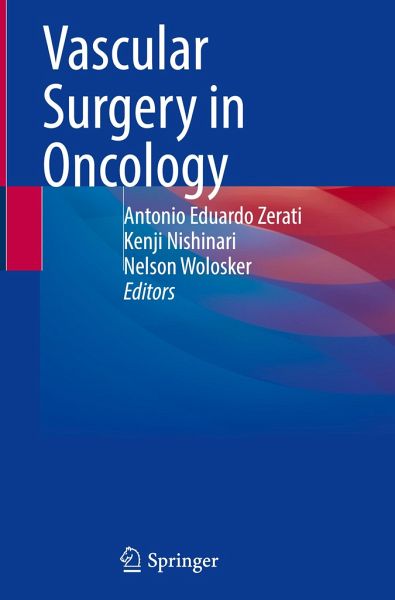
Vascular Surgery in Oncology

PAYBACK Punkte
0 °P sammeln!
Circulatory conditions are involved both in the oncologic disease itself and in its treatment, with a direct impact on therapeutic planning for patients. At the same time, it goes without saying that cancer and its treatment affect the circulatory system, be it arterial, venous or lymphatic.This book explores the interface between vascular surgery and the various clinical and surgical oncological specialties, highlighting which types of neoplasm are most common and focusing on those that more frequently cause or are influenced by vascular diseases. The diagnostic procedures for these tumors an...
Circulatory conditions are involved both in the oncologic disease itself and in its treatment, with a direct impact on therapeutic planning for patients. At the same time, it goes without saying that cancer and its treatment affect the circulatory system, be it arterial, venous or lymphatic.
This book explores the interface between vascular surgery and the various clinical and surgical oncological specialties, highlighting which types of neoplasm are most common and focusing on those that more frequently cause or are influenced by vascular diseases. The diagnostic procedures for these tumors and the most suitable types of treatment are also discussed.
The content is divided into three sections: I - Surgical Oncology, II - Clinical Oncology and Oncohematology, and III - Vascular and Endovascular Surgery. The first section presents the most common types of tumor in each surgical oncology specialty, and the most frequent tumors associated with vascular complications. The diagnosis, staging, prognosis and oncological treatments are discussed, while associated vascular complications, such as vascular invasion, venous thrombosis, and arterial thrombosis, are described. The second section focuses on general aspects of Clinical Oncology and Oncohematology in addition to the most frequent vascular complications related to solid and hematological cancers and its treatment (chemotherapy, radiotherapy, bone marrow transplantation). The third section includes a more detailed approach to vascular events and diseases commonly found in cancer patients, in addition to technical discussions regarding vascular reconstructions associated with tumor resection, vascular access, among other topics.
At the end of each chapter, the editors comment and highlight the most important challenges for vascular surgeons who dedicate their lives to treating cancer patients.
Given its scope, the book offers a valuable resource for medical specialists and professionals in training in the fields of vascular surgery and angiology, clinical oncology, oncohematology and surgical oncology.
This book explores the interface between vascular surgery and the various clinical and surgical oncological specialties, highlighting which types of neoplasm are most common and focusing on those that more frequently cause or are influenced by vascular diseases. The diagnostic procedures for these tumors and the most suitable types of treatment are also discussed.
The content is divided into three sections: I - Surgical Oncology, II - Clinical Oncology and Oncohematology, and III - Vascular and Endovascular Surgery. The first section presents the most common types of tumor in each surgical oncology specialty, and the most frequent tumors associated with vascular complications. The diagnosis, staging, prognosis and oncological treatments are discussed, while associated vascular complications, such as vascular invasion, venous thrombosis, and arterial thrombosis, are described. The second section focuses on general aspects of Clinical Oncology and Oncohematology in addition to the most frequent vascular complications related to solid and hematological cancers and its treatment (chemotherapy, radiotherapy, bone marrow transplantation). The third section includes a more detailed approach to vascular events and diseases commonly found in cancer patients, in addition to technical discussions regarding vascular reconstructions associated with tumor resection, vascular access, among other topics.
At the end of each chapter, the editors comment and highlight the most important challenges for vascular surgeons who dedicate their lives to treating cancer patients.
Given its scope, the book offers a valuable resource for medical specialists and professionals in training in the fields of vascular surgery and angiology, clinical oncology, oncohematology and surgical oncology.



